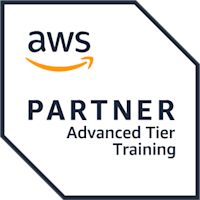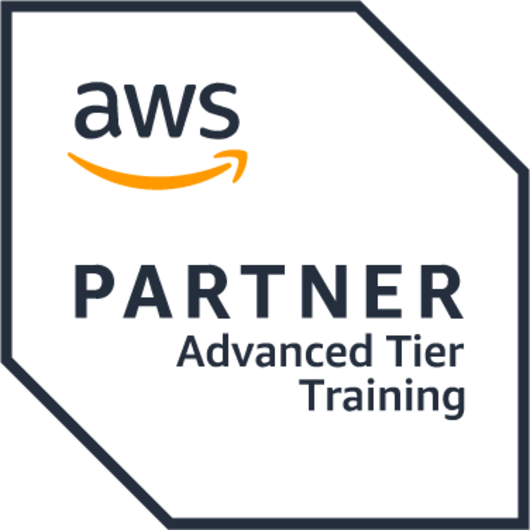Are data analytics courses difficult?
This a question we often get asked along with "Can I become a data analyst in 3 months?", "Do data analytics courses require coding?" and "It is maths-heavy?"
Based on the experiences of our trainers and our students, we would say that data analytics courses are not particularly tough. This is primarily because they are not highly academic. They cover a combination of learning about the tools, learning about practical communication and how to apply both to different use cases within organisations. And this is where the courses come in - they provide you with instructor-led training, hands on experience, practical exercises and additional resources.
When it comes to whether it's possible to learn data analytics in three months, we agree that it is possible but that honing your skills by continuously working on projects and interacting with a community of data analytics experts is key. Our data analytics courses in Australia can be taken online or in person in Sydney, Melbourne, Adelaide, Canberra, Brisbane and Perth. During the course, you can expand your network and get insights from other students.
On the question about whether data analytics courses require coding, our short answer is "Not really." It is not a barrier if you don't know how to code. Having a basic knowledge of programming languages will help. But in-depth knowledge is not a prerequisite for attending a data analytics course.
The answer is similar to whether data analytics courses are maths-heavy. Data analysts are often good with numbers and they have a foundational knowledge of mathematics and statistics. But people have successfully attended data analytics courses and gained certifications without in-depth mathematical knowledge. What is required is a passion for analysis and logic. Much of data analysis and using data analytics tools is about following a series of logical steps to collect, process, present and monitor data.


















